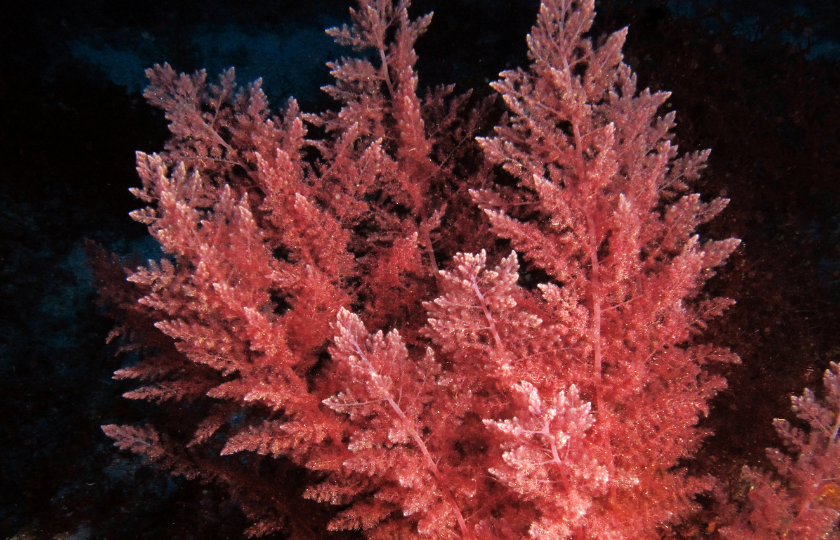Tasmanian seaweed producer Sea Forest has won a $3.8 million grant from the federal government to help cut methane emissions from livestock by scaling the production of its feed supplement.
The grant is part of the Tasmanian government’s Securing Raw Materials program, which aims to support businesses to expand in regional areas for research and innovation using locally sourced raw materials.
According to the company, the funding will enable it to scale its production of the red seaweed, Asparagopsis.
Because of its high bromoform content, red seaweed has proven to be very effective in inhibiting methane production in livestock. Experiments show that adding about 20 per cent of seaweed biomass to animal feeds effectively reduces emissions by 98 to 99 per cent.
The expansion will help supplement over 400,000 cattle annually, eliminating an estimated 1 million tonnes of CO2 emissions from livestock each year.
The new funding is additional to the previous $1.67 million grant given last year to the company, following a major property acquisition in Swansea, Tasmania.
The 30ha site includes 660 land-based ponds for breeding the seaweed. It will also support the company’s operations from its 1800ha marine farm in Triabunna.
“The Federal Government recognises the growing popularity of our unique seaweed supplement, which is proven to cut methane emissions in livestock – one of the major contributors to methane emissions,” said Sam Elsom, CEO of Sea Forest.
The company is currently conducting trials of its seafood products with a range of beef, dairy, and wool companies across Australia and New Zealand.
- Further reading: Edible packaging made from seaweed could replace single-use plastics



